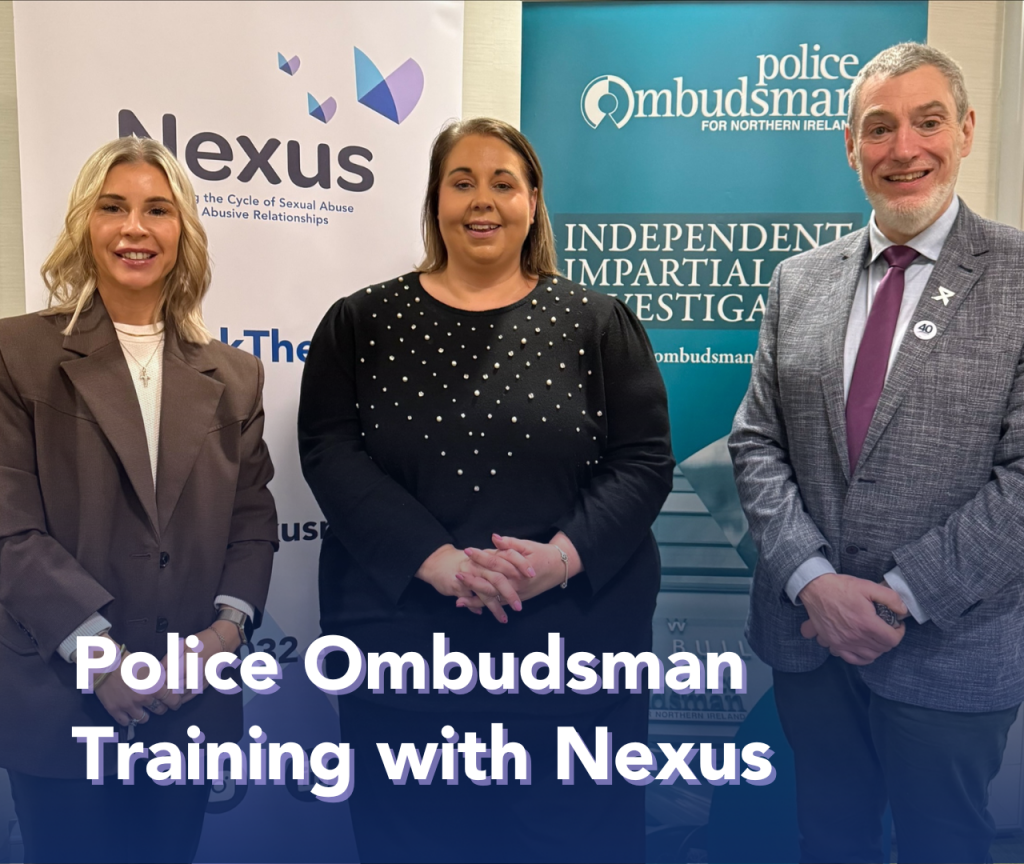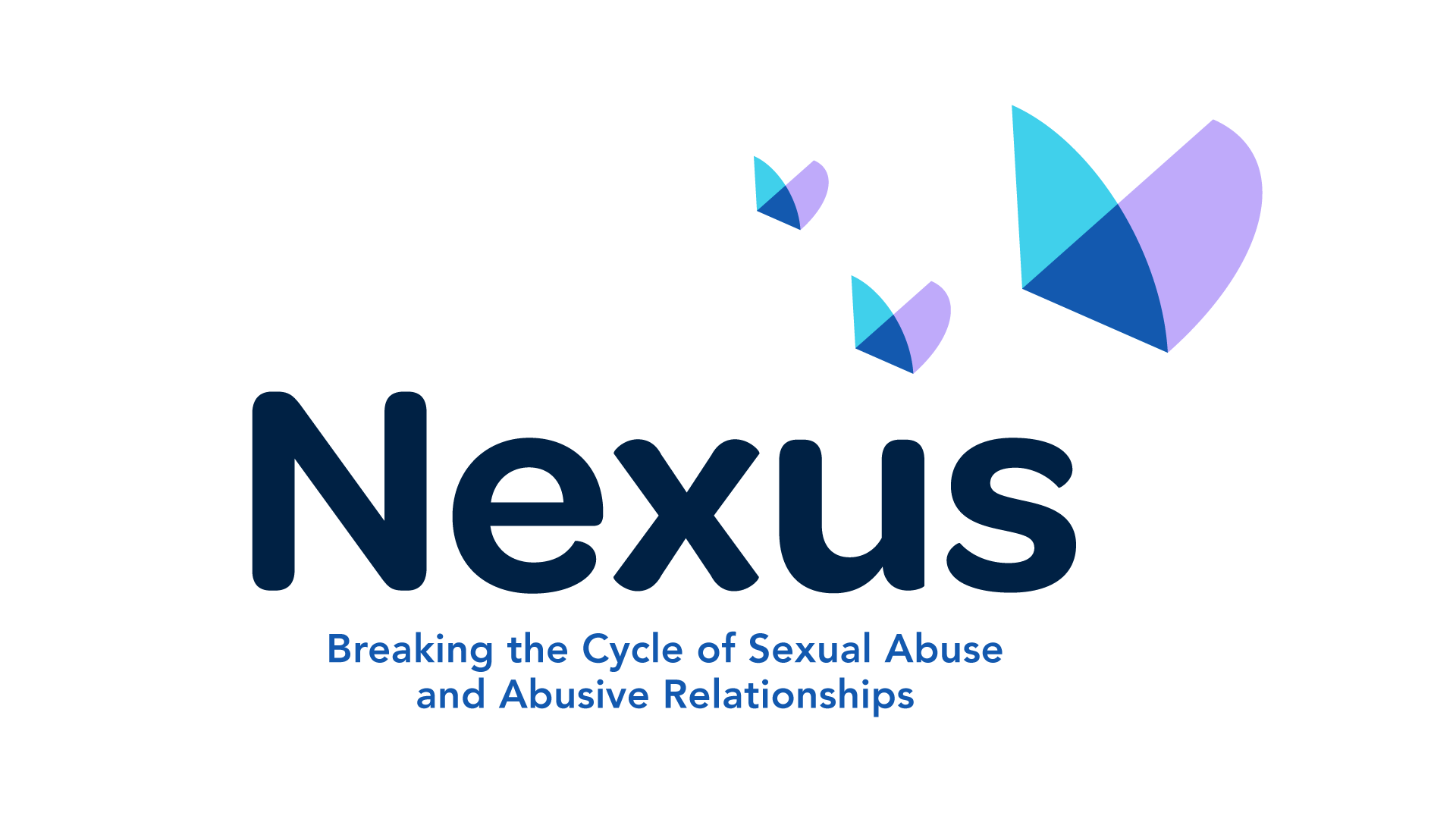At Nexus, we are proud to have supported the Police Ombudsman’s Office by delivering bespoke training to around 40 of their investigators, aimed at deepening their understanding of sexual crime and enhancing their ability to support victims and survivors.
This training forms part of the Police Ombudsman’s wider commitment to addressing the harm caused by sexual offending with empathy and understanding — a commitment outlined by the organisation’s Chief Executive, Hugh Hume.
Mr Hume said:
“Sexual crime has a devastating impact on victims, their families and wider society. It’s vitally important that we as an organisation are equipped to support those who report sexual misconduct or criminality by a police officer, or have been let down by the police response to sexual crime.”
He highlighted that since 2020, six police officers have been dismissed or convicted for abusing their role for sexual purposes following investigations by the Police Ombudsman’s Office. The Office has also dealt with cases where victims felt unsupported or believed their cases had not been properly investigated.
“The training delivered by Nexus is part of our commitment to ensure that our investigators offer the highest levels of support and understanding to victims, while better understanding the modus operandi of perpetrators so that they can be held to account for the damage they cause,” he added.
This work complements similar training completed by approximately 500 PSNI officers and prosecutors from the Public Prosecution Service. Mr Hume noted:
“My hope is that these complementary initiatives will ensure a better all-round criminal justice experience for those affected.”
The training was developed by our Early Intervention and Prevention Manager, Jan Winton, and directly addressed unconscious bias — in line with recommendations from the 2018 Gillen Review, which set out 253 proposals to improve justice outcomes and victim experiences.
Unconscious bias often stems from widespread rape myths, many of which can cause victims to doubt themselves or delay coming forward. Our training challenged some of the most common and damaging of these misconceptions — including ideas that victims are somehow to blame if they had been drinking, taking drugs, dressed a certain way, or had prior contact with the perpetrator. We also addressed myths such as the belief that men or sex workers cannot be raped, that too much time having passed invalidates a report, or that all victims should appear visibly distraught.
Jan said:
“As advocates for victims and survivors of sexual crimes, it has been important for Nexus to support the Police Ombudsman’s Office to challenge any internal unconscious bias.
“Through the training we challenged many common rape myths and upskilled Police Ombudsman investigators to understand how trauma affects the human brain and the importance of the language used when responding to allegations of rape and sexual abuse.
“It was clear that the investigators positively engaged with the training and left with increased knowledge of issues including the impact of grooming, trauma, barriers to reporting, rape myths and misogyny. Importantly, they reported having more awareness of how a victim may be feeling, thinking and acting and how to support them through the reporting process.”
Mr Hume concluded by urging anyone concerned about a police officer’s sexual conduct or about how their report of rape or sexual abuse was handled to contact the Police Ombudsman’s Office:
“Such behaviour has no place in policing, it undermines confidence which can lead to under-reporting of sexual crime or misconduct. We will treat all such allegations with the seriousness they warrant.
“Having completed this training, our investigators are better equipped than ever before to treat victims with the understanding and sensitivity that’s required after they have summoned the courage to make a report.”
We at Nexus remain committed to delivering training, support and advocacy that centres the experience of victims and survivors, and we’re encouraged to see organisations like the Police Ombudsman’s Office taking meaningful steps to strengthen trauma-informed practice in response to sexual violence.





